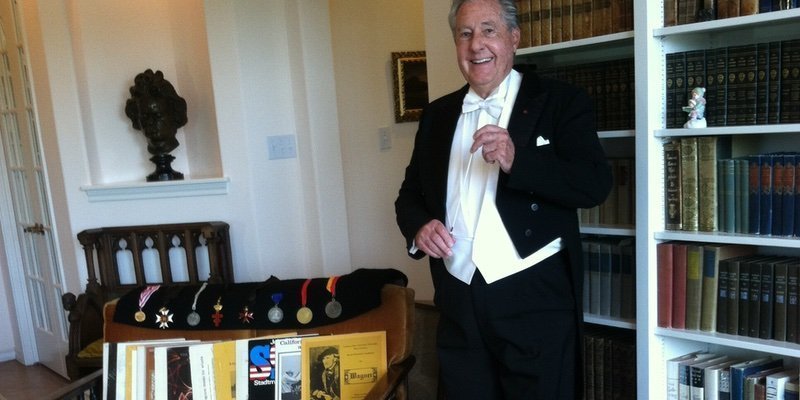Why the Students don’t listen to you in Rehearsal
In a recent paper, “Why Music Education is no longer about Music,” I reviewed for the reader the basic characteristics of our bicameral brain. [1]Since the initial research which won the Nobel Prize in Medicine, there has been a flood of publications which continue to attempt to map the circuits among our 3 trillion brain cells. All this … Continue reading With respect to the purposes of the conductor we have a right hemisphere of the brain which is a depository of personal experiences, including the emotions. Here, then, is understood the experience of pain, but it is an individual understanding based on a particular individual’s own personal experience with pain. It is the experiential essence of the right hemisphere which makes that side the real us. It is there that we differ with everyone else on the planet.
Pain is understood in the left hemisphere only as a dictionary definition, one shared by everyone who speaks the language associated with that dictionary. In other words, all information stored in the left hemisphere is what Maslow called “spectator information,” for it was all of it told to the individual by someone else. Someone tells you 2 plus 2 is 4 and you memorize it. Everyone agrees; no one differs. But there is one more very significant characteristic here. All the information stored in the left hemisphere is past tense. But we are always in the present tense. We can think about the past or future but we ourselves are only and always in the present tense. In other words, the left hemisphere can never be us! Is it not curious, therefore, that most of education, which is said to educate us, in fact is dedicated to the hemisphere which is not us.
Every school conductor has had the following experience. We stop the ensemble in rehearsal and point out some important characteristic which needs attention. “This passage is marked piano, please play softly here next time.” And then the next time this passage is played in rehearsal nothing is changed, it is still not piano. The conductor thinks to himself, “What am I doing here? No one is listening to me. Are they ignoring me on purpose? Are they testing me?”
Before I explain the real problem here, let me recall an even more vivid experience of my own. I was just finishing the rehearsal of a very emotional composition, one in which myself and the students were deeply involved in the emotional nature of the music. Perhaps it was Ein Helden Leben of Strauss, or something like that. I gave a final release with the baton and thanked the musicians, thus ending the rehearsal. Just as I turned to step off the podium a student who was not in the ensemble, but in some class which used the room the following hour, asked me, “Is there a pencil sharpener in this room?” I recall vividly that at that moment I heard his question, I understood his question and I knew the answer to his question. But I could not answer him, I could not find the words to answer. It took several seconds before, in my mind, I could leave the experiential right hemisphere where I was so totally involved and progress to the left hemisphere which alone could form a sentence to answer the question, even though, as I said, I knew the answer all along.
And this is exactly what happens in your rehearsal. The quality of the music the students are playing in rehearsal does not matter with regard to this issue. It is the fact that when they are playing they too are in the right hemisphere experiential side. They hear, as a matter of physical sensation, your voice, but they too are not able to shift to the left hemisphere fast enough to understand in the left hemisphere what you actually said.
The best solution for achieving what you want in that passage is to know the score so well that you can turn to them in rehearsal, look at them, and with face, body and baton convey piano. Now you are communicating in the hemisphere they are in and the next time they will play piano.
All experienced conductors discover this eventually and then come to understand how important it is to rehearse without talking. Talking is in the wrong hemisphere and in the wrong tense.
David Whitwell
Notes
References
| ↑1 | Since the initial research which won the Nobel Prize in Medicine, there has been a flood of publications which continue to attempt to map the circuits among our 3 trillion brain cells. All this notwithstanding, the basic division of a rational left hemisphere and an experiential right hemisphere remain valid. |
|---|

